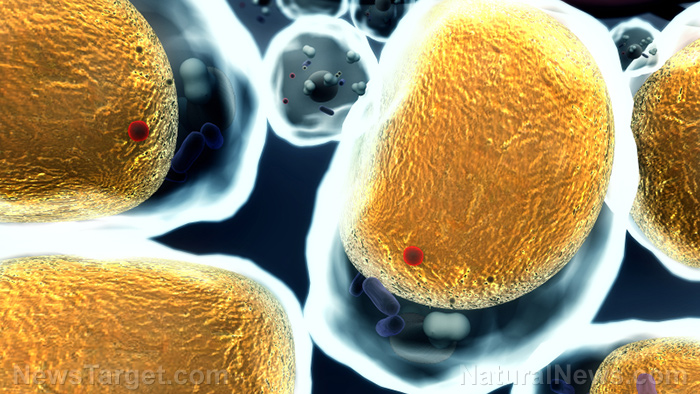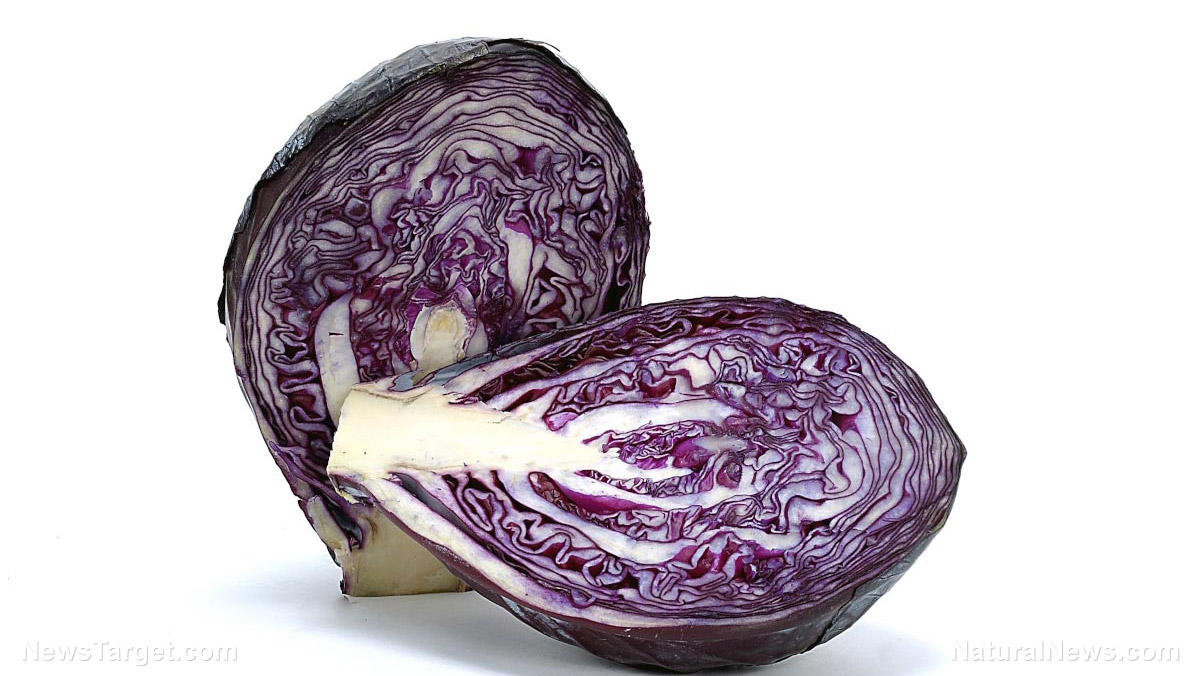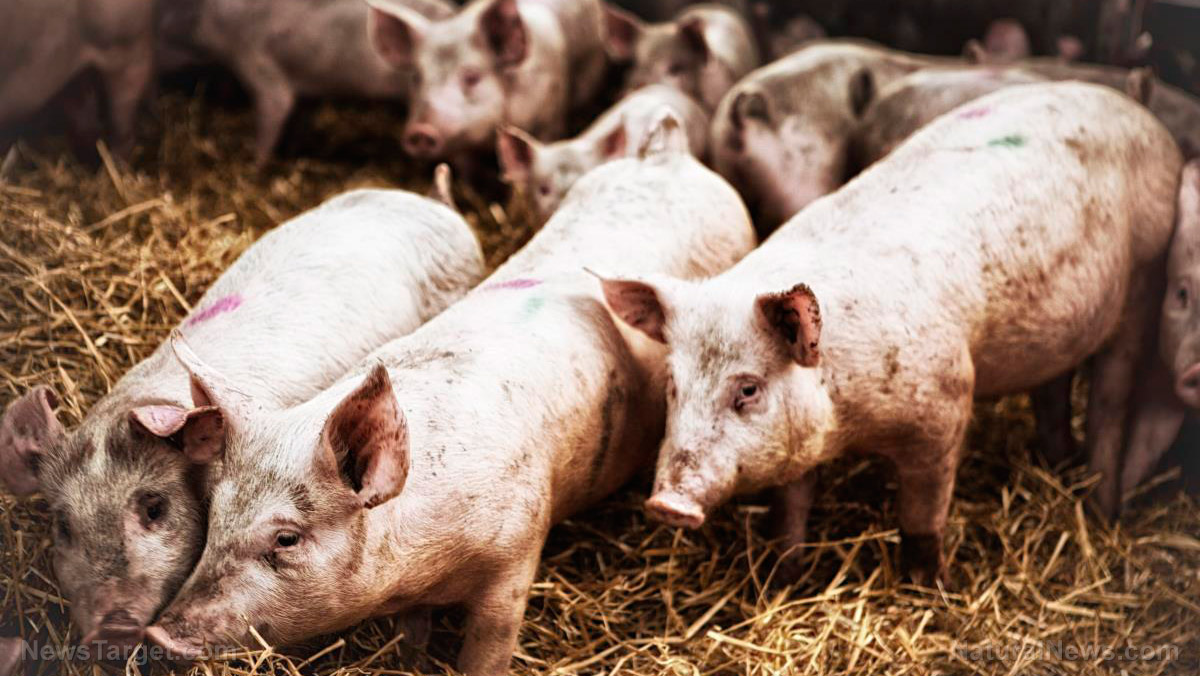High-fat diet found to stimulate cell growth in the colon, increasing risk of colon cancer
09/16/2018 / By Ralph Flores

A high-fat diet can make the cells of your intestinal lining prone to cancer, according to a study published in Nature. These results bolster the long-standing claim stating that obesity and a high-fat, high-calorie diet are salient factors for many types of cancer.
The paper, titled “High-fat diet enhances stemness and tumorigenicity of intestinal progenitors”, illustrates how a high-fat diet affects the structure and function of the intestine in mammals. It specifically includes in the study intestinal stem cells and non-intestinal stem cells — focusing on the cells’ capacity to create and initiate tumors.
“The new study of mice suggests that a high-fat diet drives a population boom of intestinal stem cells and also generates a pool of other cells that behave like stem cells — that is, they can reproduce themselves indefinitely and differentiate into other cell types,” says co-lead author Semir Beyaz. The behavior exhibited by these cells, he says, is what brings about intestinal tumors.
To verify the correlation between stem cells and cancer linked to obesity, mice were fed with a diet consisting of 60 percent fat for a period of nine months to a year. In comparison, Americans usually consume anywhere between 20 to 40 percent of fat in their diet.
Researchers found that mice fed the high-fat diet packed 50 percent more body mass and developed more intestinal tumors compared to mice that were fed normally. The intestinal cells from the mice were then isolated and grown in a culture dish, in which researchers discovered that cells from mice under the high-fat diet brought about “mini-intestines” at a more rapid pace than the mice that were fed normally. Consequently, they also identified that mice under the high-fat diet produced progenitor cells, which are differentiated daughter of stem cells, that exhibit behavior similar to stem cells. Similarities include an extended lifespan as well as the ability to generate mini-intestines outside of its body.
Upon further study of the mice under the high-fat diet, researchers also established a presence of a hyperactivated nutrient-sensing pathway. The pathway known as the fatty acid sensor PPAR-delta functions by enabling a metabolic process to convert fat instead of carbohydrates and sugars to energy when exposed to a high-fat diet. PPAR-delta is also found to activate a gene set essential to stem cell identity. Future studies will target narrowing down possible cancer drugs that will address tumors stemming from obesity.
The study bolsters previous research which claims that obese people are more likely to have colorectal cancer, as well as those which have indicated that intestinal stem cells are the most likely to acquire mutations resulting to colon cancer. The stem cells, which last a lifetime, live in intestine linings known as the epithelium. The stem cells, in turn, create all of the different cell types that compose the epithelium.
“The epidemiological link between a high-fat diet and colorectal cancer has been reported for many years, but the underlying mechanisms were not known,” Beyaz says. “Our study for the first time showed the precise mechanisms of how a high-fat diet regulates intestinal stem cell function and how this regulation contributes to tumor formation.”
Aside from Yilmaz, an assistant professor of biology and member of Massachusetts Institute of Technology‘s (MIT) Koch Institute for Integrative Cancer Research, the research was co-authored by David Sabatini, M.D., Ph.D. of the Whitehead Institute. In addition, MIT post-doctoral student Miyeko Mana and MIT visiting scientist Jatin Roper were lead authors.
Support for the research was provided by the Howard Hughes Medical Institute, Ellison Medical Foundation, National Institutes of Health, Department of Defense, Center for the Study of Inflammatory Bowel Diseases at Massachusetts General Hospital, Kathy and Curt Marble Cancer Research Fund, American Federation of Aging Research, and V Foundation for Cancer Research.
Sources include:
Tagged Under: cancer, cancer risks, cancer tumors, colon cancer, Colorectal Cancer, fats, food science, high-fat diet, lifestyle habits, nutrition, obesity, obesity crisis



















